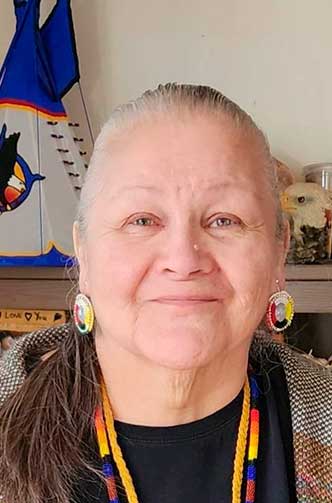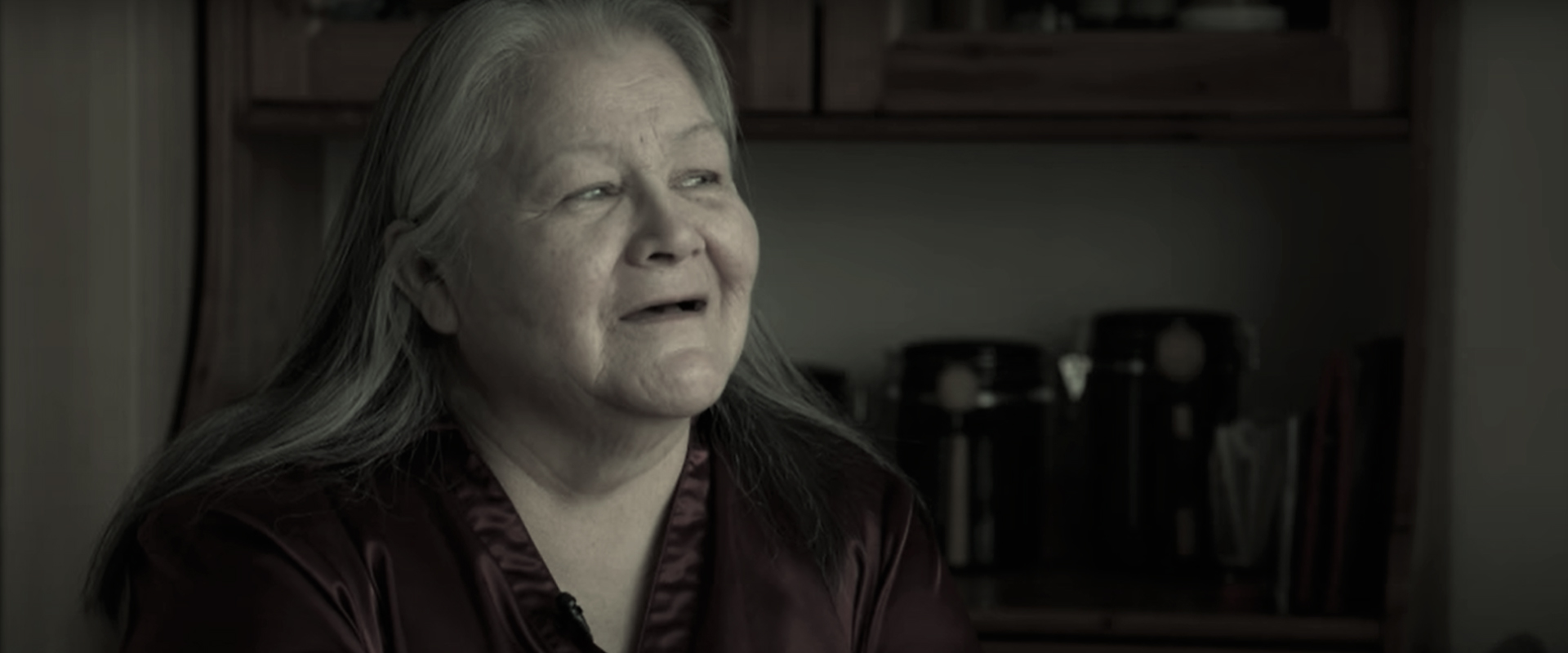- This event has passed.
Residential School Survivor Lecture
June 10, 2025 @ 7:00 pm - 9:00 pm
Date: Tuesday, June 10
Time: 7:00 pm to 9:00 pm (Doors open at 6:30 pm)
Location: Bata Shoe Museum
Tickets: $15 General, $10 Senior (65+) and Students (with ID), Free for Indigenous (First Nations, Inuit, Métis)
Join us for an impactful and enlightening evening with Karen Chaboyer, an Ojibwe kwe, author, educator, and Residential School survivor. Karen is from Rainy River First Nation in Treaty 3 Territory, a proud mother, grandmother, and great-grandmother who has dedicated her life to sharing her story and educating others about the lasting effects of Residential Schools. Please note, due to the nature of the topic, we ask all audience members be 14+. The Bata Shoe Museum will be donating all ticket sales to the Giiwitaa Wholistic Counselling Services on behalf of Karen.
Please check in with Visitor Services upon arrival. Contact shan@batashoemuseum.ca with any questions.
Terms and Conditions apply.
Agenda
6:30 pm – Doors Open
7:00 pm – Lecture Begins
8:00 pm – Lecture Ends, Galleries Open
9:00 pm – Museum Closes
ABOUT THE SPEAKER:

Karen Chaboyer is an Ojibwe kwe, a great-grandmother, a grandmother, and mother, she is also an author, a public speaker, and an educator. Karen is from Rainy River First Nation, a community in Northwestern Ontario, Treaty 3 Territory. Karen is a survivor of St Margaret’s Indian Residential School, also known as the Fort Frances Indian Residential School where she attended for 9 years.
Karen was born into a family of 11 siblings: 9 brothers and 2 sisters. She is the third youngest in her family. She is also a second generation survivor of Residential School.
Karen has been presenting since 2006. Her audiences are mostly elementary/high schools, colleges, universities and organizations. Karen shares the effects Residential School had on her and how she lost her identity, her roots, her culture and language. Karen’s goal is to educate people on the impact Residential Schools had on her and Indigenous individuals, families and communities to this day.


